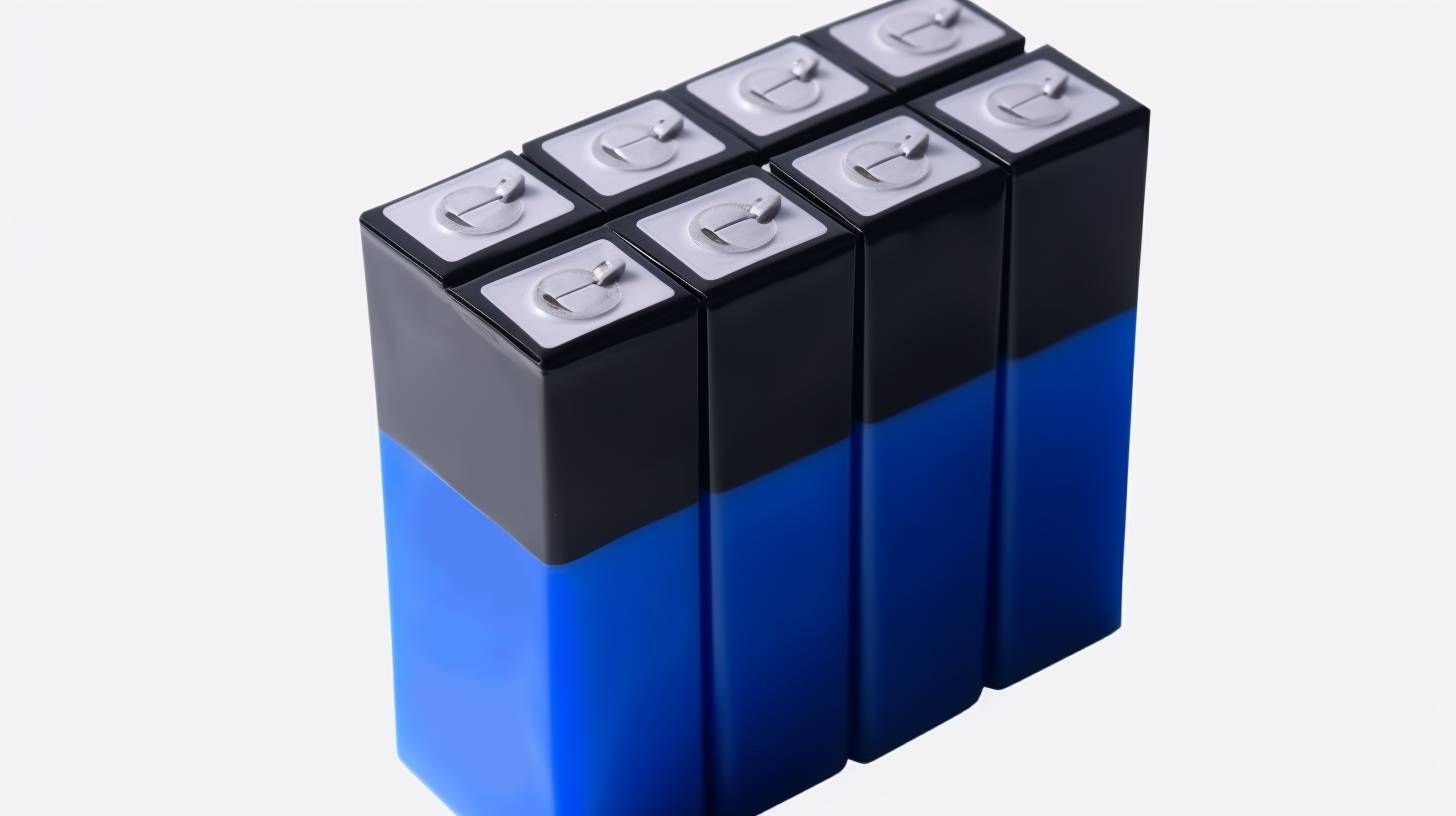Lithium-ion batteries are pivotal in various applications, from consumer electronics to electric vehicles. Within this category, there exists a range of battery types that cater to different needs and offer distinct advantages. Special lithium-ion batteries are a specific subset of lithium-ion technology, differentiated from traditional lithium-ion batteries by their performance, design, and application. Here’s a comprehensive look at how special lithium-ion batteries compare to their traditional counterparts:
Physical Differences
Special lithium-ion batteries often feature advanced materials and structures compared to traditional lithium-ion batteries. The differences include:
- Electrolyte Composition: Special lithium-ion batteries may use polymer-based or solid-state electrolytes instead of the liquid electrolytes found in traditional lithium-ion batteries. This affects their flexibility, safety, and energy density.
- Structural Design: Many special lithium-ion batteries are designed to be more compact or flexible, accommodating various form factors that are not possible with traditional designs.
Performance Differences
Special lithium-ion batteries generally exhibit superior performance in several aspects:
- Energy Density: Special types, such as lithium-sulfur and lithium-air batteries, offer higher theoretical energy densities compared to traditional lithium-ion batteries.
- Power Output: Certain special batteries, like lithium-titanate, provide higher power outputs and faster charge/discharge rates.
- Cycle Life: Special batteries such as lithium iron phosphate (LiFePO4) have longer cycle lives compared to conventional lithium-ion batteries.
- Safety and Stability: Innovations in special lithium-ion batteries, like those using solid-state electrolytes, offer enhanced safety features and stability.
Types of Special Lithium-Ion Batteries
1. Lithium Polymer Batteries (Li-Polymer)
- Explanation: Li-Polymer batteries use a polymer-based electrolyte rather than a liquid electrolyte. This allows them to be more flexible and lightweight, often leading to higher energy densities and the ability to be molded into various shapes.
- Advantages: Higher energy density, flexibility in design, and lighter weight.
2. Lithium Iron Phosphate Batteries (LiFePO4)
- Explanation: These batteries use lithium iron phosphate as the positive electrode material. They are known for their high safety, long cycle life, and stability, but they generally have a lower energy density compared to traditional lithium-ion batteries.
- Advantages: Enhanced safety, long cycle life, stable performance.
3. Lithium-Sulfur Batteries (Li-S)
- Explanation: Li-S batteries employ sulfur as the positive electrode material. They are notable for their high theoretical energy density and low cost, though they are still largely in the research and development phase.
- Advantages: High energy density, cost-effective, environmentally friendly.
4. Lithium-Air Batteries (Li-Air)
- Explanation: These batteries generate energy through the reaction of lithium with oxygen from the air. They promise very high theoretical energy densities but face significant technical challenges in practical applications.
- Advantages: Extremely high theoretical energy density.
5. Lithium-Titanate Batteries (Li-Titanate)
- Explanation: Li-Titanate batteries use lithium titanate as the negative electrode material. They offer fast charge/discharge rates, excellent performance at low temperatures, and long cycle lives.
- Advantages: Fast charge/discharge rates, good low-temperature performance, long cycle life.
Advantages of Special Lithium-Ion Batteries
Special lithium-ion batteries offer distinct advantages depending on the application:
- Energy Density: Higher energy density in batteries like Li-S and Li-Air makes them suitable for applications requiring high energy storage.
- Safety: Enhanced safety features in batteries such as LiFePO4 and solid-state batteries make them ideal for applications where safety is paramount.
- Cycle Life and Power Output: Batteries like Li-Titanate offer longer cycle lives and high power outputs, which are beneficial for high-demand applications.
Conclusion
Special lithium-ion batteries are distinguished from traditional lithium-ion batteries by their advanced materials, performance characteristics, and specific applications. Understanding these differences helps in selecting the right battery type for particular needs, ensuring optimal performance and safety.



